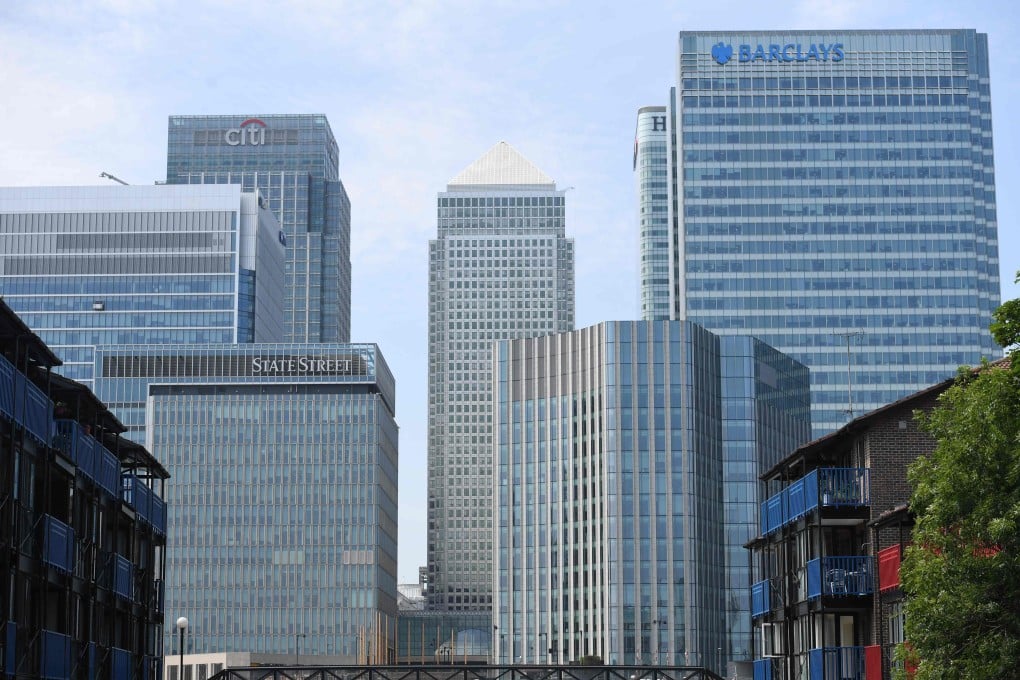Concrete Analysis | UK, EU still a beacon of commercial property opportunities with end of pandemic in sight
- The UK’s vaccination programme is well under way and expected to be completed in the summer, allowing the economy to open to significant pent-up demand
- A massive injection of liquidity into the economy by the EU and by national governments to tackle the pandemic’s economic fallout has helped underpin asset values and confidence

This sale concluded despite the UK being plunged into its first lockdown. So, why are Hong Kong investors attracted to European, particularly UK, property assets?
Due to the sharp contraction of the EU and UK economies arising from lockdowns to tackle the pandemic, the acceleration of the decline of bricks-and-mortar retail, and uncertainty about the role and requirements of office space as well-known banks present contrasting views on remote working, investing in real estate assets might seem counterintuitive. However, beneath this picture there are opportunities for investors.
The massive injection of liquidity into the economy by the EU and by national governments to tackle the pandemic’s economic fallout has helped underpin asset values and confidence. This has enabled a low-interest rate environment to continue, making investment in real estate-based assets attractive.

